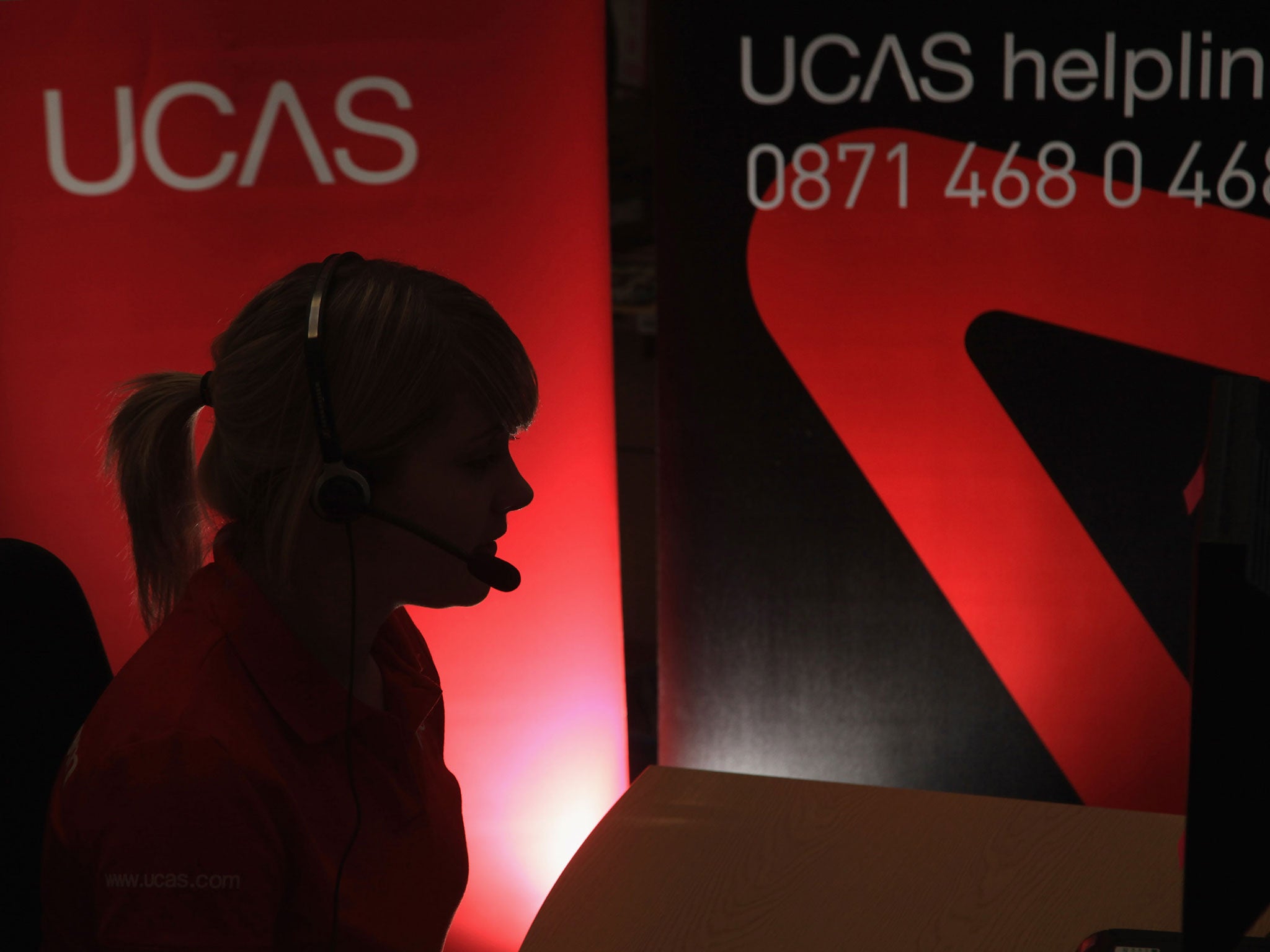Ucas Clearing system should be abolished, majority of students tell survey
More than half believe the system has a 'bad reputation' while others express embarrassment at having to use Clearing

More than half of students want to see Ucas Clearing completely abolished and, instead, be replaced by a system that enables them to reapply in September with their actual grades, according to a recent survey.
Forum and wiki, The Student Room, spoke with just over 6,300 students to find almost 60 per cent want to see the end of Clearing, while 52 per cent said they believe it has a bad reputation.
Students also expressed embarrassment at having to use Clearing; when asked if they would tell their peers if they got in via the system, 48 per cent responded ‘no’, fearing they would be seen as “stupid” or “inferior.” A further 19 per cent said Clearing is “for people who are desperate to still get into university.”
Clearing is the way in which universities and colleges fill places they still have on their courses and, for students who have no further or higher education offers, is seen as an alternative way to find another course.
According to Ucas, in 2015, 64,300 applicants were placed through Clearing - an increase of 3,000 ( five per cent) from the 2014 cycle - and the highest number ever placed through this route.
All in all, the admissions service reported a record 532,300 students were placed in UK higher education through Ucas in 2015.
Being able to reapply in September with their actual grades, or defer a year to get grades up would be more beneficial to students, said The Student Room. Top graduate recruiters - such as Ernst & Young and PwC - are ditching A-level requirements for their graduate schemes and are, instead, opening up their recruitment to more candidates, something the site said acknowledges that there is more to a candidate than grades alone.
Eighty per cent of students surveyed think the removal of the cap on university places has made it easier to receive an offer. The cap removal and flexible offers have caused increased competition amongst universities, leading to students being accepted with lower grades.

Students are said to be becoming ‘savvier’, keeping their eye on universities and what they offer throughout the application cycle, and 81 per cent of respondents told The Student Room team they plan to check Clearing vacancies when they go live in July to see what is available.
Education community manager at The Student Room, Hannah Morrish, described how students feel the university they choose and the offer they get defines “what they can hope to achieve.”
She said: “Clearing reinforces that, despite their best efforts, they weren’t good enough and missed the goal they’ve been working towards over the last year. That can be really disheartening. Universities and schools must work together to reassure students about Clearing.
“Students have picked up on the increase in offers that are lowered on results day which is making them question the value and honesty of the offers they’re receiving. Some students are asking their teachers to predict higher grades so they can apply to higher tariff universities that are known to discount offers at the last minute.”
Join our commenting forum
Join thought-provoking conversations, follow other Independent readers and see their replies
Comments
Bookmark popover
Removed from bookmarks